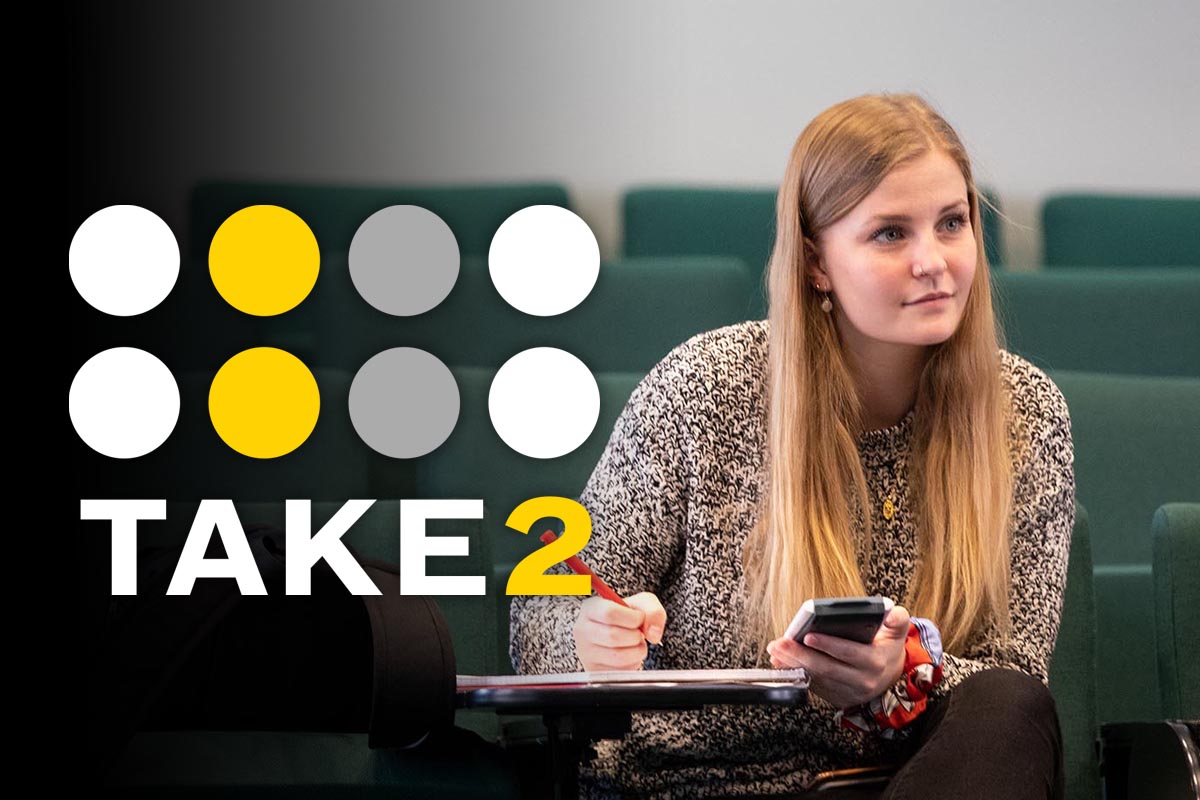Randolph College Receives Grant To Help Local Teachers
LYNCHBURG– Randolph College will expand its efforts to provide local public and private school teachers with the resources and training necessary to more effectively teach science and math, thanks to a significant grant from the State Council of Higher Education for Virginia (SCHEV).
Randolph College was notified of the SCHEV grant, which is expected to total $120,000 this week. The funding is part of the 2009-2010 Improving Teacher Quality State Grant Program and is designed to help schools meet federal No Child Left Behind requirements. The grant will allow the college to create a “Science and Math Links: Research Based Teaching Institute” and provide other resources and training for teachers in the area with a focus on hands-on and inquiry based teaching methods and activities to improve student achievement in science and math.
The team of Randolph faculty members directing the project will include Peggy Schimmoeller, education professor, Peter Sheldon, physics professor, and Tatiana Toteva, assistant professor of environmental science and physics. Woody McKenzie, associate professor of education at Lynchburg College will also be part of the project-directing team.
Randolph will partner with Lynchburg City Schools, Amherst County Schools, Campbell County Schools, Bedford County Schools, New Vistas School, and the Jubilee Family Development Center.
“Our teachers have a hard enough job as it is,” Sheldon said. “They have limited time, and our schools are under incredible pressure to meet state and federal requirements. These methods are already proven, and will help them meet state standards and still add in the creative and hands on activities that add to learning. This program is going to put the resources at their fingertips and provide them with the training and experience they will need to use them effectively in the classroom.”
Randolph’s faculty team will begin planning this summer and work with participating school districts and independent schools to select a group of science and math teachers during the next academic year. Participating teachers will attend the week-long Science Institute next summer, where they will learn and practice the methods. The teachers will then spend time at the Jubilee Family Development Center putting the methods to the test during special camps.
The funding will allow for 60 teachers to participate in the Science Institute and other related training. A website also included in the plan will make the resources available to any teacher.
“One unique feature of our grant is integrating science and mathematics to increase student achievement in both areas of study,” said Peggy Schimmoeller, a Randolph education professor. “Teachers will be exposed to an integrated approach to learning and a wide range of opportunities to understand how mathematics and science relate to each other.
“Classroom teachers are increasingly expected to teach with an emphasis on connections between subjects, in particular between mathematics and science,” she added. “This project is focused on assisting teachers with meeting this goal. Our faculty members are committed to providing a hands-on and inquiry based, interdisciplinary approach to learning during the institute. We also are excited to have the funding to provide assistance and sustained support to teachers during the school year.”
For local schools, the project is another opportunity to partner with Randolph College and provide additional professional development and support. Randolph already has several ongoing partnerships with local school divisions.
“We are excited that the collaborative efforts of Amherst County Public Schools and Randolph College will positively impact the professional development of our teachers by providing them with opportunities to learn innovative, inquiry based strategies in science,” said Julie Rogers, Amherst County’s assistant superintendent for curriculum, instruction, and assessment. “Providing these hands-on opportunities will ultimately benefit the achievement of our students. The culture of ongoing learning promoted through collegial environments benefits all our teachers and students.”
Lynchburg City Schools Superintendent Paul McKendrick believes Randolph’s program will create more opportunities for his teachers to expand their teaching skills, which will improve teaching and learning in the classroom.
“Though we have done rather well across the board in the Standards of Learning assessments in these core areas, we don’t view the grant as only being able to assist teachers with basic skills and basic knowledge. It is far from that.
“In fact, with the resources that we provide for teachers coupled with the training that we expect to come from the Science Institute, we expect participating teachers to gain and to demonstrate later a greater understanding of concepts, content knowledge, experiences, and strategies related to hands-on instruction and learning,” he added. “Ultimately, I think that the project will greatly improve student learning and add to their depth of understanding of the subject.”
For Randolph College, the project is another way to make a difference in the community — and hopefully spark more interest in the fields of math and science.
“This will provide teachers with a different arsenal of things they can do in the classroom to help students,” Sheldon said. “That’s the bottom line here. We want to help our local teachers get kids excited about math and science.”
Tags: education, physics
